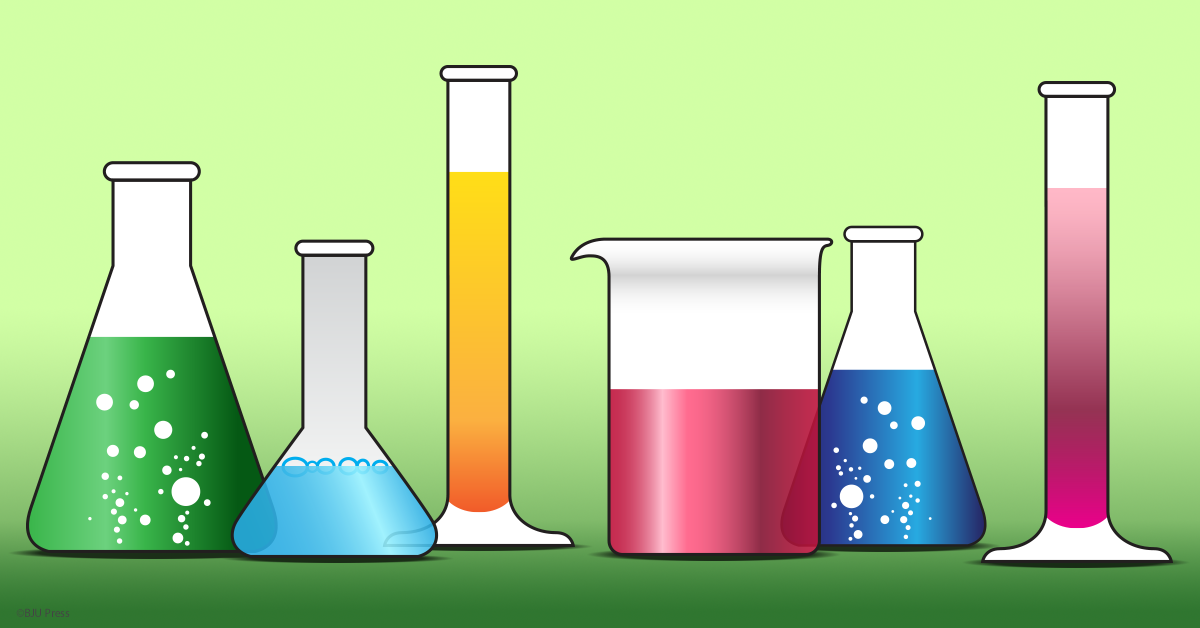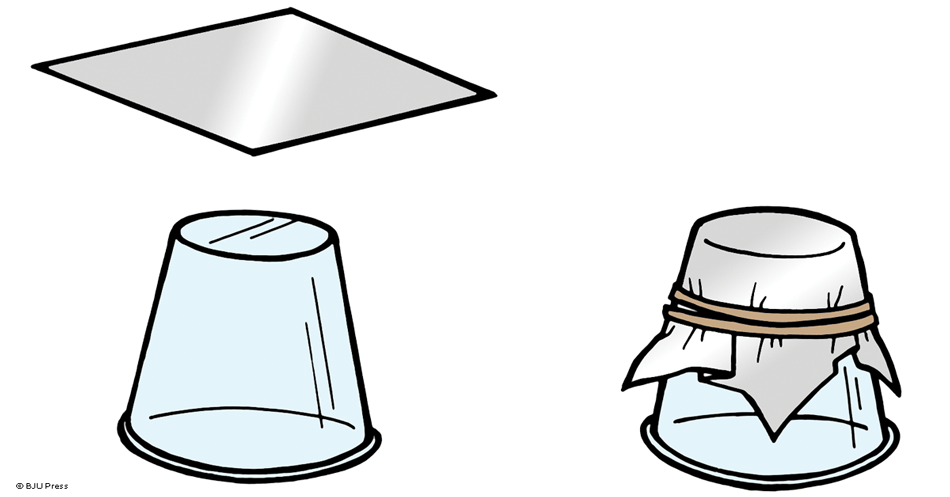
Like most subjects (including reading, spelling, and math) science is a subject that is best learned by actually practicing it. For Science this is through labs where children can experiment. Being able to memorize and recite encyclopedic knowledge isn’t enough because it doesn’t build true understanding. For that, you need to turn your student into a scientist who knows how to use the scientific process as a road map that leads to making discoveries on his own.
You might be wondering how to guide your children through re-creating a nuclear reaction at home. Of course, that’s not the best approach for a number of reasons—the least of which is that it would get you in trouble with the International Atomic Energy Agency (IAEA). Your child doesn’t have to reenact every major scientific experiment ever conducted to learn how to use and apply science. The secret is mastering science process skills. Exercises and experiments should be geared toward not only understanding certain concepts but also learning the scientific process.
What does a student scientist lesson look like?
Chapter 4 of the BJU Press Science 5 Student Text is hot! It’s all about heat and energy. The chapter starts out by introducing some concepts such as conduction, convection, and radiation. It then goes on to explain how insulation works. Next, it presents the following fun, easy-to-do experiment that is designed to build science process skills:
Lab: Keeping Warm
What you’ll need
- 5 plastic cups
- cotton batting
- rubber bands
- craft foam
- bubble wrap
- aluminum foil
- hot water
- thermometer
- plastic wrap
Problem
Which kind of insulation will keep hot water warm the best?

Experiment Procedure
- Wrap cotton batting around one of the cups. Be sure to cover the bottom and the sides of the cup. Use a rubber band to keep the batting in place.
- Prepare three more cups: one wrapped with craft foam, one with bubble wrap, and one with a double thickness of aluminum foil. Use rubber bands to secure each material. Do not wrap anything around the fifth cup.
- Predict which cup will best keep the hot water warm. Write down your hypothesis.
- Fill the cups with hot water and put a thermometer in each.
- Cover the top of each cup with plastic wrap, leaving the top of the thermometer sticking out.
- Measure and record the starting temperature for each cup.
- Leave the cups undisturbed for five minutes. Then measure and record the water temperature in each cup. Measure and record the temperatures again after another five minutes.
- Calculate the difference between the starting and ending temperatures for each cup.
Conclusions
- Did your results support your hypothesis?
- Which cup had the greatest change in temperature? Why?
- Which type of insulated cup would you choose to hold hot chocolate? Why?
Follow-up
- Use ice cubes instead of hot water to determine which insulation is best for keeping ice cubes from melting.
Labs like this one help build the skills that can turn your science student into a student scientist. Check out this lab and many other great skill-building ones in BJU Press Science 5.